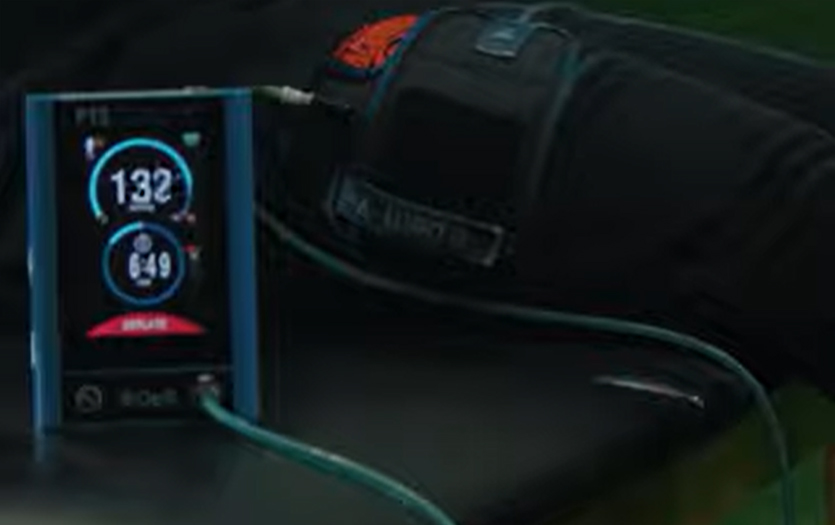Candice Dunkin, manager, athletic trainer, Parkview Sports Medicine, walks us through the process of properly positioning and securing a compression wrap.
Choose the right wrap
Compression wraps come in various lengths and widths. The wrap you choose will depend on the body part you’re wrapping. For an ankle, choose a medium compression wrap.
Wrap in the right direction
Start the wrap at the point furthest away from your heart and work back toward the torso. Overlap the bandage by half of the width as you continue working your way around. Make sure there aren’t any holes or places you can see skin between the wrap. Continue until you run out of wrap, then secure.
Wiggle it a bit
Never wrap toes or fingers. Once the wrap is secure, move the fingers and toes to make sure they can still move easily. Check the color as well. Take off any nail polish so that you can see if the toes or fingers look white or blue, which means the wrap is too tight.
Take a break
Keep the compression wrap on any time you’re not doing activity. Take the wrap off at least twice a day so the injured body part can move.
Compression part of RICE method (rest. ice, compression, elevation). All patients experiencing an injury should be under the care of a healthcare provider as well.



